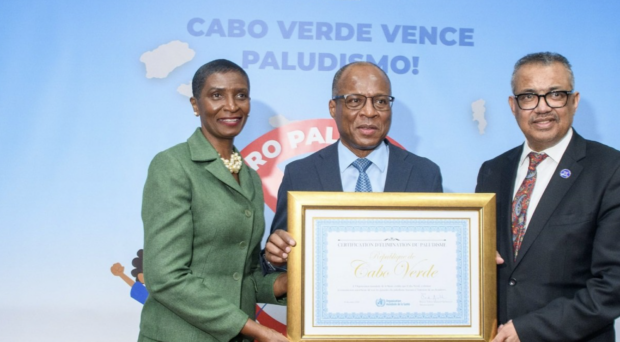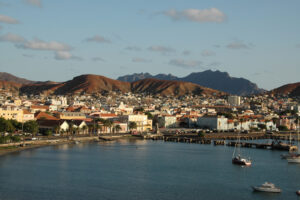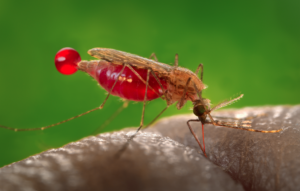
An archipelago of volcanic islands off the coast of West Africa, Cabo Verde is a place of striking natural beauty. It is characterised by dramatic landscapes that range from volcanic peaks to lush valleys and beautiful beaches. The people of Cabo Verde are known for their warmth and hospitality, and the islands are home to endemic bird species and rare plants. The country has recently adopted a blue economy strategy to protect its environment and promote sustainable development.
And in January 2024, Cabo Verde was declared malaria-free by the World Health Organization (WHO).

This is a significant milestone in the global fight against malaria, as Cabo Verde becomes the third African country to receive this certification, joining Mauritius (1973) and Algeria (2019). Anopheles mosquitoes are responsible for transmitting malaria parasites, which claim the lives of 608,000 people every year, many of whom are children. Malaria has been endemic in Cabo Verde since the arrival of European colonisers, and has suffered severe outbreaks since then.
The malaria-free certification is granted when the country can show there has been no disease transmission for three years in a row. This is verified by the Technical Advisory Group on Malaria Elimination and Certification, and the country will continue to report annually on their malaria situation to maintain their certification. Cabo Verde’s success is a “testament to the power of strategic public health planning, collaboration, and sustained effort to protect and promote health” said WHO Director-General Dr Tedros Adhanom Ghebreyesus.
In recent years, several countries have made significant strides in eliminating malaria. The WHO states that other African countries are on the road to attaining this certification, such as Botswana, Eswatini and South Africa. These successes are a testament to the power of sustained public health programmes, including effective surveillance, targeted interventions, and community engagement. But the fight against malaria needs these efforts to be sustained and supported to realise their goals.

Climate change is expected to have a significant impact on Cabo Verde, with rising temperatures and changing rainfall patterns leading to increased risk of droughts and floods. In addition to threatening its biodiversity and economy, these changes could significantly impact vector-borne diseases such as dengue fever and chikungunya. However, WHO states that the “systems and structures built for malaria elimination have strengthened the health system and will be used to fight other mosquito-borne diseases such as dengue fever.”
The WHO’s goal is to reduce malaria incidence and mortality by at least 90% by 2030. The challenges facing the global community in the fight against malaria are numerous. One of the most significant is the emergence of drug-resistant strains of the malaria parasite. Artemisinin-based combination therapies (ACTs) are currently the most effective treatment for malaria, but resistance to these drugs is on the rise in some parts of the world. Another challenge is the development of insecticide resistance in mosquitoes, which can make it more difficult to control the spread of the disease.
The global community must continue to invest in research and development of new tools for malaria prevention and treatment. And in this process, victories like these need to be celebrated when they happen: congratulations to Cabo Verde!

Comments